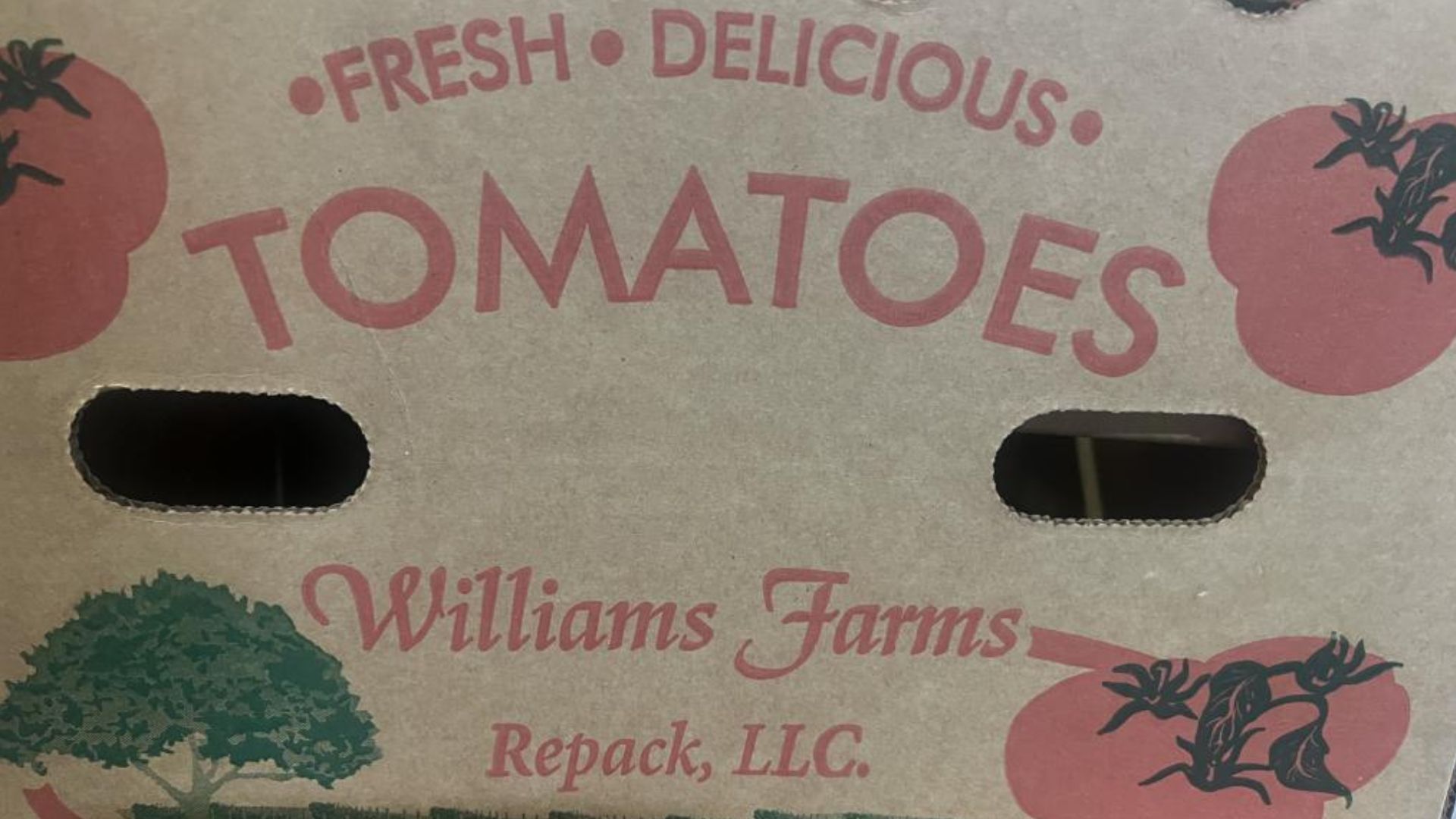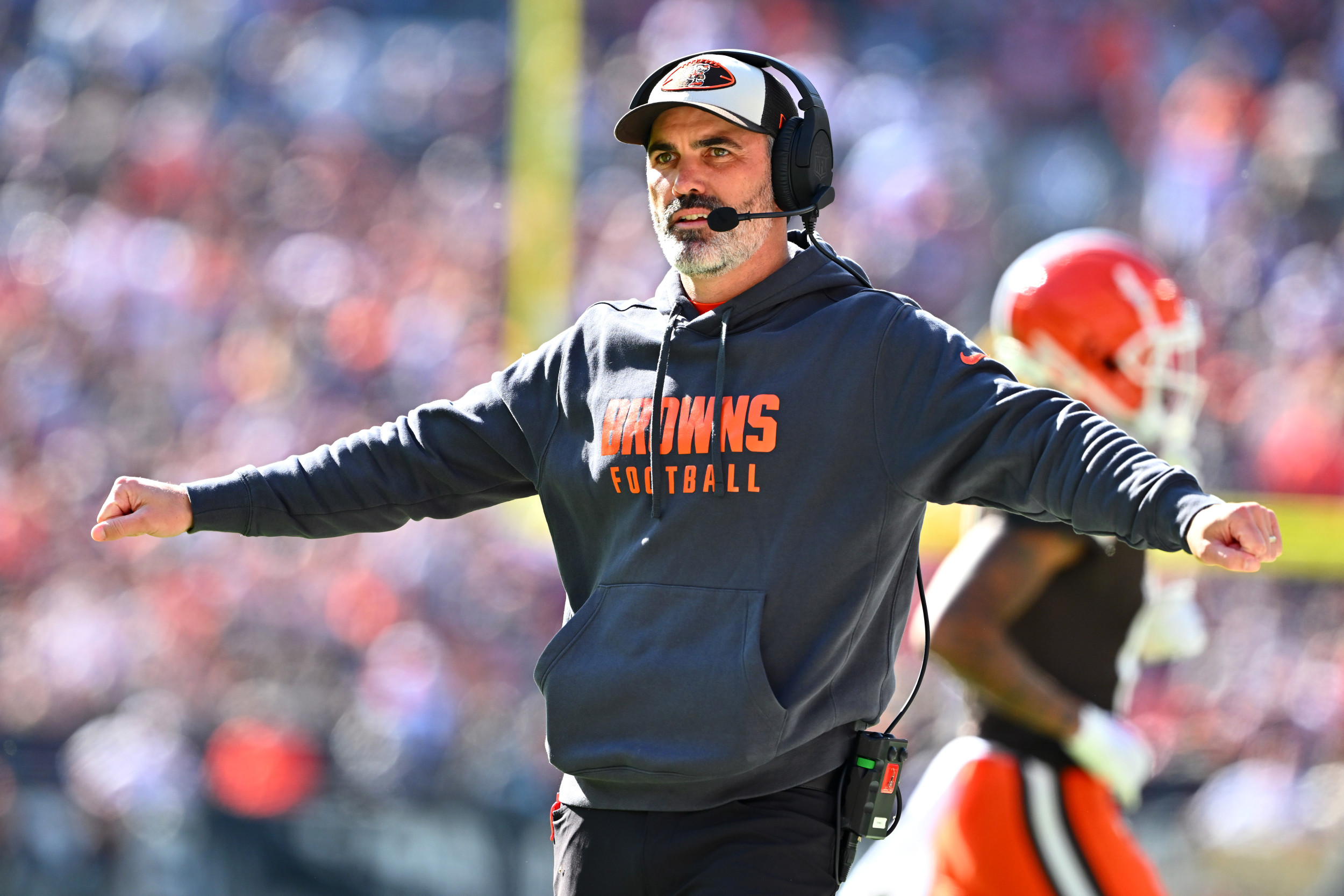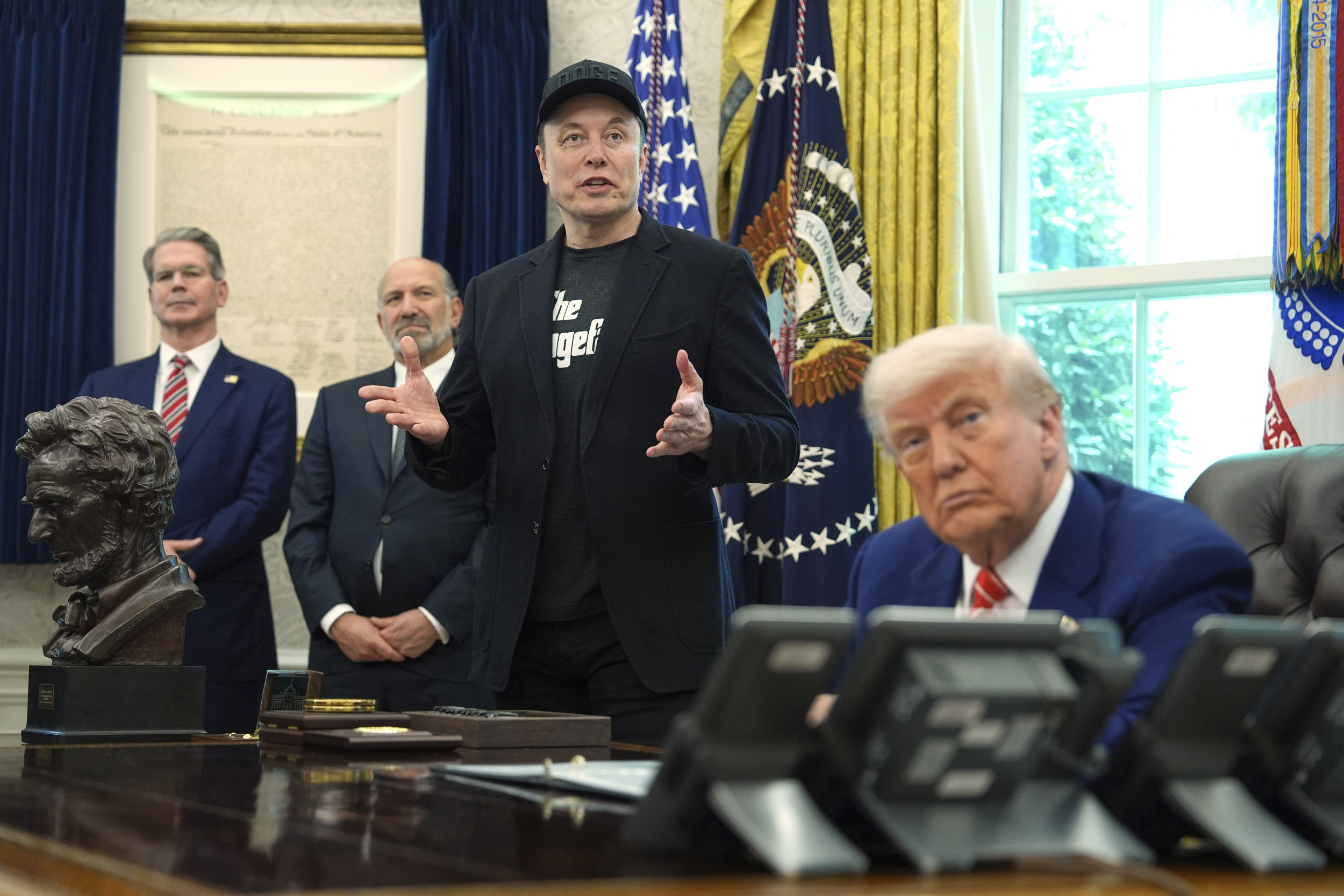
The Food and Drug Administration (FDA) has issued its highest risk level for a tomato recall involving potential salmonella contamination.
Williams Farms Repack LLC initiated the recall on April 29 after Southeast Tomato Distributors notified it of a potential salmonella contamination from H&C Farms.
Newsweek contacted Williams Farms Repack LLC via phone outside of regular hours on Friday.
Why It Matters
The recall affects shipments of fresh tomatoes reaching retailers and distributors in several U.S. states. Salmonella can cause severe illness, particularly in children, the elderly and those with weakened immune systems.
Salmonella infection, or salmonellosis, can trigger symptoms such as diarrhea, abdominal cramps, fever, nausea, vomiting and dehydration within six to 72 hours of exposure. While most individuals recover after four to seven days, severe complications are possible, especially for individuals in vulnerable groups. The FDA cautioned that rare cases can escalate to illnesses such as arterial infections or endocarditis.
The Centers for Disease Control and Prevention has estimated that salmonella causes about 420 deaths annually in the U.S.

Williams Farms Repack LLC
What To Know
On Wednesday, the FDA designated the recall as Class I, warning that exposure may lead to serious or even fatal health outcomes.
The recall covers shipments from April 23 to April 28, and the affected tomatoes reached consumers in Georgia and the Carolinas.
The affected products include multiple packaging formats: 5×6 25lb, 6×6 25lb, Combo 25lb, 4×4 2layer, 4×5 2layer, 60ct 2layer, 60ct 18lb loose, XL 18lb Loose and 3ct trays with UPC 0 33383 65504 8. The lot numbers are R4467 and R4470.
According to the initial recall, there have been no reported illnesses linked to these products.
What People Are Saying
Jeongmin Song, professor of microbiology & immunology at Cornell University, New York, previously told Newsweek: “Generally speaking, picking and packaging produce at the farm and the facility can result in food contamination. Some potential causes include polluted fertilizers and fomites at the packing facilities, while there are many plausible explanations. Although food and facility contaminations, such as the recent cases, do occur occasionally, they are uncommon in the U.S. and other developed countries owing to strict hygiene standards.”
She added: “Healthy individuals with robust immune systems can recover from a Salmonella infection even after consumption. However, some vulnerable groups, such as young children, the elderly, or those with weakened immune systems, would be at risk from contaminated products. Even if there was Salmonella on the tomatoes, most contaminated bacteria can be eliminated by washing them before consumption.”
The Food and Drug Administration said on its website: “When a company announces a recall, market withdrawal, or safety alert, the FDA posts the company’s announcement as a public service. FDA does not endorse either the product or the company.”
The Centers for Disease Control and Prevention‘s guidance on salmonella said: “In some people, the illness may be so severe that the patient is hospitalized. Salmonella infection may spread from the intestines to the bloodstream and then to other parts of the body.”
What Happens Next
The FDA lists the recall as ongoing. Consumers are advised to check lot numbers and discard any affected tomatoes. Products may be returned for a full refund or disposed of to prevent illness. Customers with questions can contact Jason Breland at 843-866-7707 or 843-599-5154 from 8 a.m. to 5 p.m. ET Monday to Friday.





